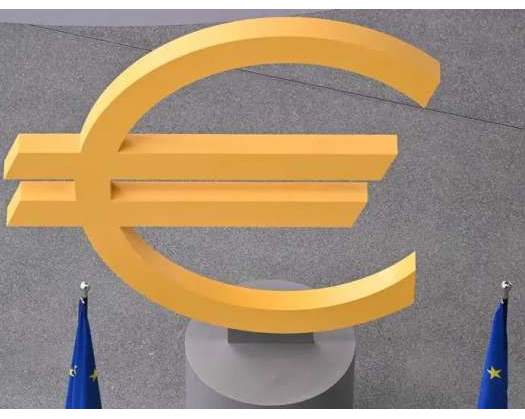Brussels: On Thursday, the European Central Bank, which serves the 20 nations utilizing the euro, reduced its key deposit rate by 25 basis points to 3%.
This decision marks the ECB's third consecutive rate cut and the fourth since the easing cycle commenced in June. Following a series of rate hikes initiated in mid-2022 to combat soaring energy and food prices exacerbated by Russia's invasion of Ukraine, ECB officials have shifted their focus towards rate reductions.
The recent cuts have been facilitated by a decline in inflation, while also becoming increasingly necessary to stimulate investment amid a deteriorating economic outlook for the eurozone.
There had been speculation regarding a potential larger cut of half a percentage point, particularly in light of disappointing economic indicators and an unexpected significant reduction by the Swiss central bank earlier that day.
Nevertheless, the ECB chose to maintain its current pace of a quarter-point reduction, driven by concerns that inflation could still pose challenges. Although inflation has decreased, it rose back above the ECB's 2% target in November.
Despite this, the rate-setters indicated in their announcement that the decline in inflation is "well on track."
The bank revised its inflation projections for 2024 to 2.4% and for 2025 to 2.1%, each reduced by 0.1 percentage points.
"Most indicators of underlying inflation imply that inflation is likely to stabilize around the governing council's two-percent medium-term target consistently," they stated.
However, they noted that a "slower economic recovery" is anticipated compared to several months ago, leading to slight reductions in growth forecasts for 2024 and the following two years, now projected at 0.7%, 1.1%, and 1.4%, respectively.
What is the connection to politics?
Political instability has exacerbated already pessimistic forecasts, particularly with Germany approaching elections in February—seven months earlier than planned—following the collapse of Chancellor Olaf Scholz's troubled coalition last month.
The largest economy in the eurozone has been grappling with a manufacturing downturn, which has negatively impacted the overall performance of the single currency area.
In France, the eurozone's second-largest economy, the government was removed last week through a historic no-confidence vote, further contributing to the nation's escalating political and financial instability.
Additionally, there are concerns that Donald Trump's potential return to the White House could result in significant new tariffs on all imports to the United States.
The Swiss decision to implement a 0.5% reduction was linked to political turmoil.
"Over the past two days, the primary topic of our discussions has been the degree of uncertainty we are encountering," stated President Christine Lagarde.












